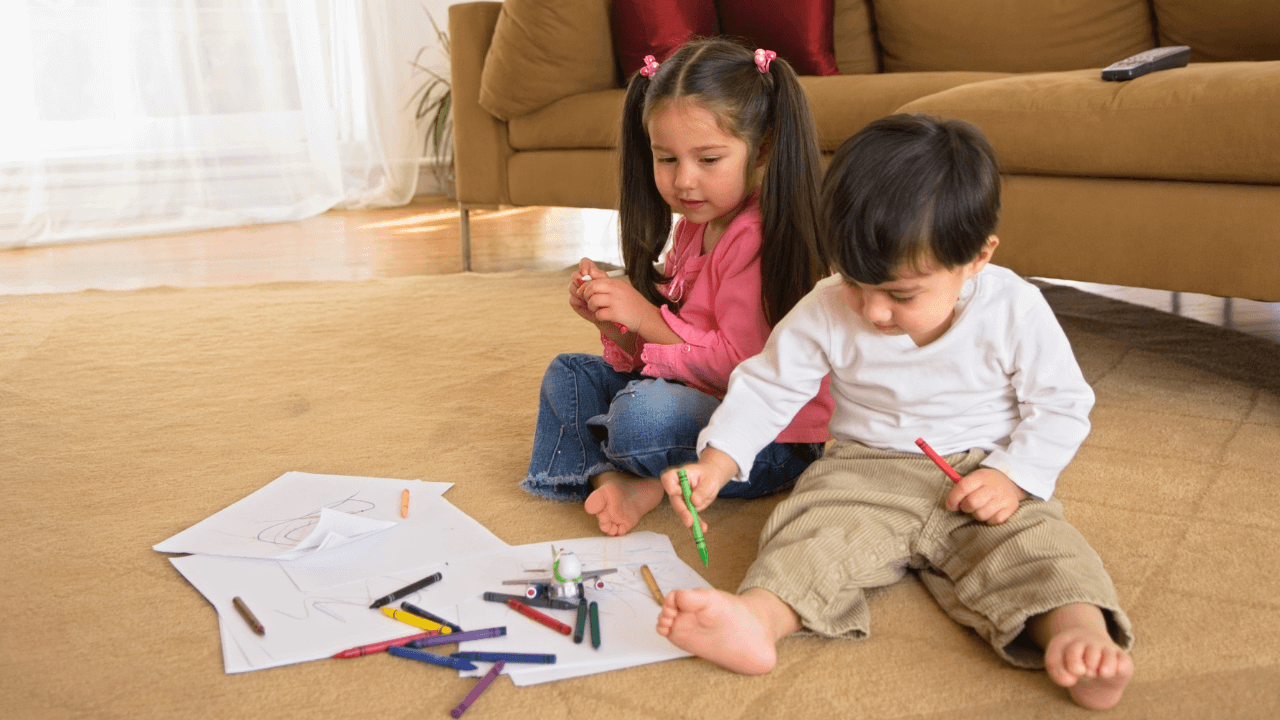
The safety of children is a top priority for the legal system in New Jersey. This is why the state has created the Division of Child Protection and Permanency (DCPP), formerly known as the Division of Youth and Family Services (DYFS). The DCPP, a part of the New Jersey Department of Children and Families, is responsible for ensuring the protection and welfare of children in the state.
The downside is that the DCPP can take actions that are quite drastic, including taking children out of a home. If you are involved in a case with the DCPP, contact a Rosenblum Law family lawyer to ensure that your rights as a parent are protected.
In this article, we discuss what the DCPP is, what it does, and the role of a DCPP lawyer in New Jersey.
What is the Division of Child Protection and Permanency (DCPP)?
The DCCP, known as the DYFS until 2012, investigates allegations of child abuse and neglect in New Jersey. If necessary, the agency will arrange for protection of a child and any needed treatment for the family. The DCCP takes reports of child abuse and neglect through the Child Abuse Hotline, which is available 24 hours a day, seven days a week. The DCCP may collect information on this hotline from the victim, or through the reporting of someone in the child’s life. For example, a teacher, doctor, social worker, or any other member of the public can report suspected child abuse or neglect to the DCCP.
The agency, with 48 offices across New Jersey, contracts with community-based groups to provide children and families with important services. Some of these include:
- Substance abuse treatment
- Parenting skills classes
- Foster care
- Residential placement
- In-home services
Common Reasons for Involvement with DCPP
When there are concerns regarding child safety and welfare, the DCPP may become involved in a parenting relationship to protect the child’s best interests. Among other things, the DCPP has the authority to alter child custody and visitation arrangements. The agency may even put a child in foster care if they have been harmed or are in danger of being harmed.
Here are some other common situations that may prompt DCPP to become involved with parents and their children:
- Drug use
- Physical abuse (such as bruises and other suspicious injuries)
- Mental health issues
- History of injuring other children
- Homelessness
- Food insecurity
- Lack of proper supervision
- Lack of adequate healthcare
- Sexual abuse or exposure to inappropriate sexual activity
What Are a Parent’s Rights if DCPP Contacts Them?
If DCPP contacts someone to investigate an allegation, they have the right to an attorney. The agency also has the legal obligation to do what it can to ensure the child is not removed from their home. Additionally, the parent’s rights include:
- Full disclosure on why DCPP is involved with them and their family
- Accept or refuse services that the court has not ordered
- Professional interpreter services if a parent speaks another language
- Requesting dispute resolution if a parent is not happy with DCPP’s decisions (unless the decision is court-ordered)
What Does DCPP Do During an Investigation
A worker from DCPP will speak to members of a household to gather information about the reported abuse or neglect. If there are multiple children in the house, the worker will speak to all of them. The worker may also request to speak to other people in the child’s life, such as their teacher or pediatrician.
The worker will then assess the safety of the child. DCPP will close the case if a plan for the future of the child has been completed and the child is deemed safe. If the child is deemed unsafe, the investigation will continue and the child may be removed from the home.
The Role of a DCPP Lawyer in New Jersey
When a parent is dealing with the DCPP, they will have to navigate New Jersey’s child welfare laws and procedures intended to protect children’s safety and well-being. A DCPP lawyer can provide guidance and advice during this challenging time, including explaining the legal process and the parent’s legal rights.
During the agency’s investigation, the attorney can offer the parent support while also advocating for the parent’s rights. This includes communicating with DCPP caseworkers on the parent’s behalf. An attorney who has experience handling DCPP cases also will represent the parent throughout the legal process, such as during administrative hearings and court proceedings. An attorney can also help a parent who disagrees with the decisions of the DCPP appeal. Because of the complexity of these cases, having competent legal representation can make the difference between a favorable and unfavorable outcome in a DCPP case.
FAQs
The DCPP provides services and takes actions to help ensure the welfare and safety of children throughout the state.
The legal process for a DCPP case can be complicated, and the applicable laws may be challenging to interpret. Also, given the nature of DCPP cases, the stakes can be high. As a result, it is best to hire a DCPP lawyer to protect your rights during the agency’s investigation and any hearings that are held.
Do not retaliate against the accuser and do not violate the terms of a custody order if one is in place. Doing either of these can bring about serious legal consequences. It is important to be cooperative but at the same time protect your rights. Consult with an experienced DCPP attorney who will help you with this.
You do have the right to refuse to speak with DCPP investigators. However, this will not mean the case is closed. It is still a good idea to hire an attorney to represent you and advocate for your rights. However, if you refuse to speak with DCPP altogether, with or without an attorney, they may seek help from the police or the courts to get you to cooperate.
Yes. The DCPP has the authority to terminate your parental rights if the agency determines the child’s safety is at risk.
If DCPP removes your child, the agency has the obligation to go to family court and justify the removal while seeking authority to place the child into foster care.
Yes. While DCPP cannot file criminal charges against you and does not have the legal authority to arrest a parent, they are obligated to notify the County Prosecutor’s Office if there is evidence of child abuse or neglect.
If you are found guilty of these allegations, you will be guilty of at least a fourth degree felony, which could mean up to 18 months behind bars. However, if you are found guilty of a more serious child abuse crime, you may face more time in prison. For example, being found guilty of sexual misconduct with a child can mean a second degree felony, which can result in up to 10 years in prison.
ou can speak to your caseworker’s supervisor if you disagree with the findings of a DCPP investigation. If this does not resolve the disagreement, you can contact the casework supervisor and make your case. The next step up would be to visit the local DCPP office manager and then the area director. If the disagreement is still not resolved, you can contact the Department of Children and Families Office of Advocacy at 1-877-543-7864
No. The DCPP worker who has come to your residence to ensure the safety and well-being of the child is now allowed to disclose the identity of the person who filed the report.
It is not likely your child will be removed from your home. The overwhelming majority of cases do not result in removal of the child. The DCPP will only remove the child if it finds that the child is in immediate danger of being harmed. The agency will work with you to create a plan to keep your family together.
It depends on the specifics of the case. Many times it only takes a couple days for the DCPP to finish its investigation. However, if parents are guilty of child abuse and the investigation becomes part of a trial, the investigation can take several weeks.
Call a DCPP Lawyer at Rosenblum Law Today
Dealing with the DCPP can be a serious matter that can affect your parental rights and the future of your child or children. It may be quite challenging to advocate for yourself, especially if you have already had your child taken away or are possibly facing criminal charges that could ultimately lead to jail time. Access to adequate legal representation can make a world of difference.
At Rosenblum Law, we have retained the best legal talent with experience in dealing with the DCPP on behalf of our clients. If you have been contacted by the DCPP, contact us immediately for your free initial consultation with a Rosenblum attorney.


